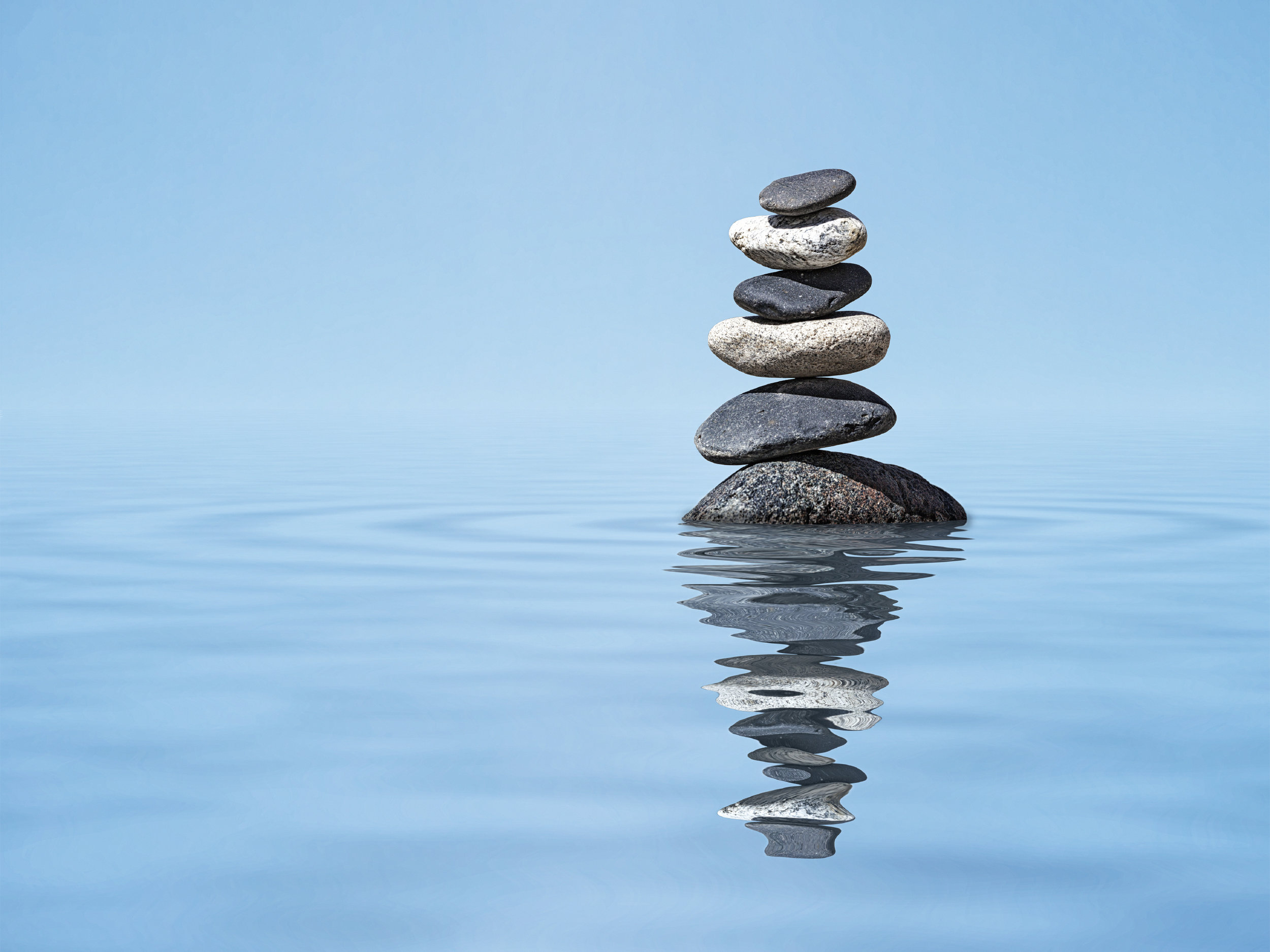6 Ways to Stay Calm in a Scary World
/Wildfires, floods, earthquakes, hurricanes, mass shootings, international weapons scares and political unrest. These are common topics of conversation for which clients are coming to therapy these days. They express feeling anxious, terrified, angry, unsettled, as if there is no solid ground to stand on. They speak of being more vigilant when they leave the house, holding onto their children’s hands a bit tighter, feeling more “emotional,” and sometimes even hesitant to leave the safety of their home at all. They want to know how to go on with life as usual when it feels as though the world is crumbling down around them? It is a question many of us are facing currently. And although there aren’t any magic solutions, there are ways to move us toward peace during this time of fear and uncertainty.
1. Know that you are not alone.
Reach out to friends and loved ones and share your fears about the state of the world. You will find that others are feeling similarly and can also use your support. Connect in a real way, not just on social media, but in person. It is important for us to connect with our community during times like this. If this doesn’t feel like it is enough, if you are struggling with daily functioning or feel paralyzed by anxiety or fear, seek out a mental health professional. They are trained to help you to learn ways to cope with your anxiety in a safe, non-judgmental environment.
2. Limit exposure to news and social media
Although it is important to have knowledge of what is going on in the world, it is easy to become overwhelmed by the amount of information that is out there. We can experience something called “vicarious trauma” from this constant exposure to the tragedy, which can sometimes have just as negative of an effect as direct trauma. People can experience repetitive graphic images, nightmares and general anxiety as a result. I often tell my clients to take news feeds and social media off of their phone. It is a common habit to pick up our phones for a quick update and soon realize we have been scrolling mindlessly for an hour and wonder why we feel so bad afterward.
3. Take care of yourself
Find ways to de-stress and relax your central nervous system such as listening to soothing music, watching a comforting movie/tv show or practicing deep breathing. Meditate, pray or seek out religious/spiritual leaders if that fits into your world. Make it a point to take time for yourself and not just keep busy with work. By trying to relax periodically throughout our day, even for a few minutes, we can decrease our anxiety and create reserves for coping when things get difficult.
4. Take action
For some it feels necessary to take action when tragedy strikes. Donate money or time to an organization that you believe in, that seems to be doing good for the world. It is a natural human response to have compassion and to want to help those in need. In turn, this compassion in action can help us to feel less helpless and anxious. Other actions can be to write to your congress person or perhaps use your energy toward your own or your family’s disaster preparedness.
5. Practice gratitude
It can be helpful to practice gratitude when we feel helpless and can only seem to think about all of the bad things that are happening around us. We must take time to think about all that is good in our lives and in the world. Perhaps writing in a gratitude journal every day and listing 5 things that you are grateful for. This can shift our attention away from all of the bad to actually seeking out the good, even seemingly insignificant things such as the sound of a bird chirping or a stranger smiling at us in greeting.
6. Breathe.
Finally, if all else fails, take 3 slow, deep breaths. Close your eyes and fully feel the inhalation and the exhalation. This will slow down your central nervous system, help you to feel calm and relaxed, even if only for a few moments. It can also help to bring some clarity as to what to do next, perhaps to try one of the steps above!
Dr. Christina Barber-Addis is the founder of New Awakenings Therapy and is a mindfulness-based, licensed psychologist in private practice in Woodland Hills, California. She specializes in treating adults with anxiety by incorporating mindfulness meditation into her therapy practice.




